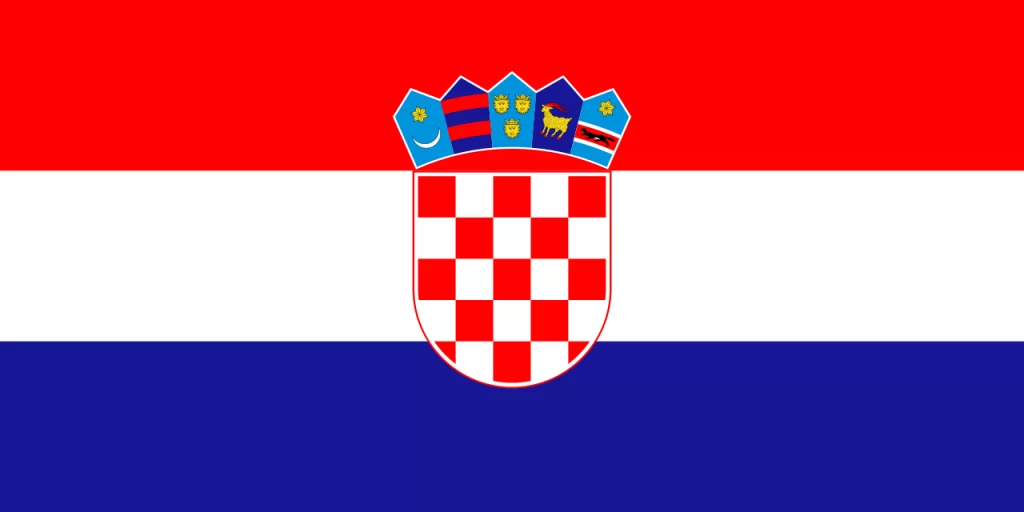Dubrovnik is a city in southern Dalmatia, Croatia, by the Adriatic Sea. It is one of the most prominent tourist destinations in the Mediterranean, a seaport and the centre of Dubrovnik-Neretva County. Its total population is 41,562 (2021 census). In 1979, the city of Dubrovnik was added to the UNESCO list of World Heritage Sites in recognition of its outstanding medieval architecture and fortified old town.
The history of the city probably dates back to the 7th century, when the town known as Ragusa was founded by refugees from Epidaurum (Ragusa Vecchia). It was under the protection of the Byzantine Empire and later under the sovereignty of the Republic of Venice. Between the 14th and 19th centuries, Dubrovnik ruled itself as a free state. The prosperity of the city was historically based on maritime trade; as the capital of the maritime Republic of Ragusa, it achieved a high level of development, particularly during the 15th and 16th centuries, as it became notable for its wealth and skilled diplomacy. At the same time, Dubrovnik became a cradle of Croatian literature.
Dubrovnik became part of the Kingdom of Yugoslavia immediately upon its creation, and it was incorporated into its Zeta Banovina in 1929, before becoming part of the Banovina of Croatia upon its creation in 1939. During World War II, it was part of the Axis puppet state Independent State of Croatia, before being reincorporated into SR Croatia in SFR Yugoslavia.
In 1991, during the Croatian War of Independence, Dubrovnik was besieged by the Yugoslav People’s Army for seven months and suffered significant damage from shelling. After undergoing repair and restoration works in the 1990s and early 2000s, it re-emerged as one of the Mediterranean’s top tourist destinations, as well as a popular filming location. According to Statista, Dubrovnik is the most ‘over-touristed’ destination in Europe, with 36 tourists on one local resident.
